Home>diy>Building & Construction>How To Get Construction Insurance
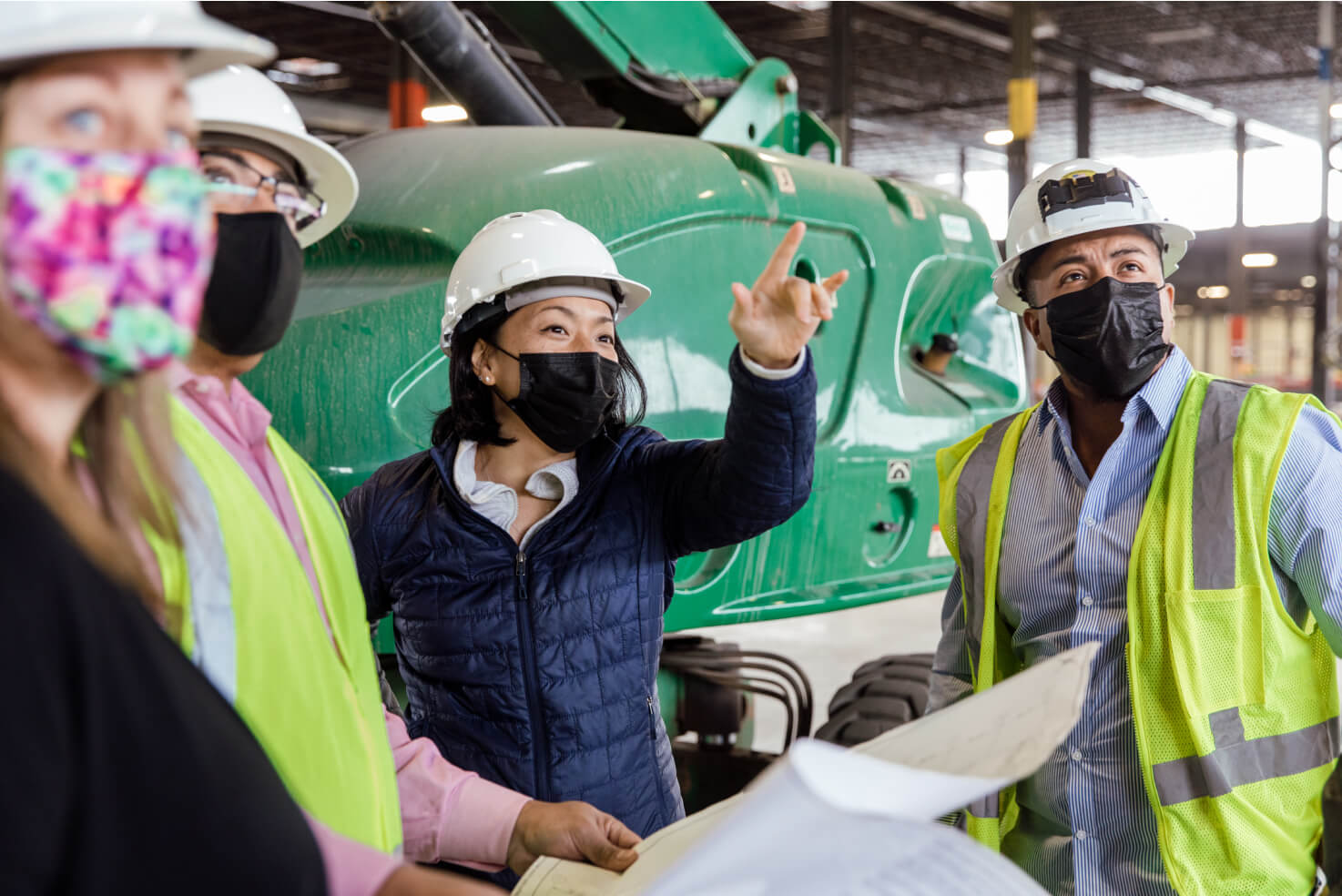

Building & Construction
How To Get Construction Insurance
Modified: January 24, 2024
Looking for construction insurance? Learn how to get the best coverage for your building construction project with our expert guide.
(Many of the links in this article redirect to a specific reviewed product. Your purchase of these products through affiliate links helps to generate commission for Storables.com, at no extra cost. Learn more)
Introduction
Welcome to the world of construction! Whether you’re a seasoned professional or just starting out in the industry, you know that construction is no small feat. It requires meticulous planning, skilled craftsmanship, and a strong focus on safety. However, despite your best efforts, accidents can still happen on the job site, putting you and your business at risk.
This is where construction insurance comes into play. Construction insurance is a vital component of any construction project, as it provides financial protection against potential risks and liabilities. It provides coverage for damages to the project, workers’ compensation, and potential legal claims.
In this article, we will delve into the world of construction insurance, exploring its benefits, different types of coverage, factors determining insurance rates, and steps to obtain the right insurance for your construction business.
So, why is construction insurance so important? Let’s find out!
Key Takeaways:
- Construction insurance provides financial protection, liability coverage, and peace of mind for contractors. It ensures compliance with contractual requirements and enhances professional reputation, safeguarding businesses against unexpected situations.
- When obtaining construction insurance, evaluate coverage needs, research providers, and prioritize clear communication. Choose a reputable provider with industry experience, customizable coverage, and responsive claims handling to protect your construction business effectively.
Read more: What Is Construction Insurance Policy
Benefits of Construction Insurance
Construction insurance offers a wide range of benefits for contractors, builders, and construction companies. Let’s explore some of the key advantages of having adequate construction insurance coverage:
- Financial Protection: Construction projects involve significant financial investments. In the event of accidents, property damage, or lawsuits, construction insurance helps cover the costs, minimizing the financial burden on your business.
- Protection Against Liabilities: Construction sites are inherently risky environments. Construction insurance provides liability coverage in case of accidents, injuries, or damage caused to third parties, including property owners, workers, or the general public.
- Worker’s Compensation Coverage: Construction insurance typically includes worker’s compensation coverage, ensuring that your employees will be protected in case of on-the-job injuries or illnesses. This coverage provides medical expenses, lost wages, and rehabilitation services for injured workers.
- Peace of Mind: With construction insurance in place, you can have peace of mind knowing that you are well-protected against the unforeseen. It allows you to focus on your projects without constantly worrying about potential financial difficulties or legal hassles.
- Contractual Requirement: Many construction projects require contractors to have insurance coverage. By having construction insurance, you can comply with contractual obligations and secure more project opportunities.
- Enhanced Professional Reputation: Having construction insurance showcases your professionalism and commitment to your clients. It gives them confidence in your ability to handle any unexpected situations that may arise during the project.
These benefits make it clear that construction insurance is an essential aspect of running a successful construction business. By investing in the right insurance coverage, you not only protect your business but also ensure the safety and well-being of your workforce and the general public.
Understanding Construction Insurance Coverage
When it comes to construction insurance, it’s important to have a clear understanding of the various types of coverage available. Each type of coverage provides protection for different aspects of your construction project. Let’s take a closer look at some key types of construction insurance coverage:
- General Liability Insurance: This type of coverage protects against lawsuits and liability claims for bodily injury or property damage caused by your construction activities. It covers legal defense costs and any damages awarded against your business.
- Builder’s Risk Insurance: Also known as Course of Construction Insurance, this coverage protects the project under construction. It covers damages to the structure, materials, and equipment in case of events like fire, theft, vandalism, or severe weather.
- Workers’ Compensation Insurance: Workers’ compensation insurance provides coverage for medical expenses, disability benefits, and lost wages for employees who are injured or become ill while working on a construction project.
- Equipment and Tool Insurance: This coverage protects your construction equipment, tools, and machinery from theft, damage, or loss. It ensures that you can quickly replace or repair your essential tools without significant financial setbacks.
- Professional Liability Insurance: Also known as Errors and Omissions (E&O) insurance, this coverage protects contractors, architects, engineers, and other professionals against claims arising from professional errors, negligence, or mistakes in their services or designs.
- Environmental Liability Insurance: This coverage protects against environmental accidents or pollution caused by your construction activities. It covers costs related to cleanup, legal defense, and damages resulting from environmental claims.
- Contractor’s Pollution Insurance: This coverage protects against claims related to pollution caused by your construction activities, such as the release of hazardous materials or chemicals. It covers legal expenses and cleanup costs.
It’s essential to carefully review the coverage options with your insurance provider to determine which types of insurance are most relevant to your construction business and project needs.
Additionally, keep in mind that policies can vary in terms of limits, deductibles, and exclusions. It’s crucial to thoroughly review and understand the terms and conditions of your insurance policy to ensure you have the right coverage in place.
Now that we have a better understanding of construction insurance coverage, let’s explore different types of construction insurance policies in the next section.
Types of Construction Insurance
Construction insurance policies are designed to provide coverage for different aspects of a construction project. Let’s take a closer look at some of the key types of construction insurance:
- Commercial General Liability Insurance: This insurance policy provides coverage for third-party bodily injury or property damage claims that may occur during the construction project. It protects contractors against the costs of legal defense and any damages awarded in a liability lawsuit.
- Builder’s Risk Insurance: Also known as Course of Construction Insurance, this policy covers property damage to the project under construction. It includes coverage for materials, equipment, and the structure itself. It protects against risks like fire, theft, vandalism, or severe weather events. Builder’s Risk Insurance is typically purchased by the property owner or general contractor.
- Professional Liability Insurance: This insurance policy, often referred to as Errors and Omissions (E&O) insurance, is specifically designed for architects, engineers, and other construction professionals. It protects against claims arising from professional errors, omissions, or negligence in the performance of their services.
- Workers’ Compensation Insurance: Workers’ compensation insurance is a crucial coverage for construction businesses. It provides benefits to workers who suffer work-related injuries or illnesses. This policy covers medical expenses, disability benefits, and lost wages for injured workers. Workers’ compensation insurance is often required by law.
- Contractor’s Equipment Insurance: This policy offers coverage for construction machinery, tools, equipment, and vehicles owned or leased by the contractor. It protects against theft, damage, or loss of equipment, ensuring that contractors can quickly replace or repair their essential tools without incurring significant costs.
- Environmental Liability Insurance: This insurance policy protects against claims related to environmental accidents or pollution caused by construction activities. It covers costs associated with cleanup, legal defense, and damages resulting from environmental claims.
- Contractor’s Pollution Liability Insurance: This policy provides coverage for claims related to pollution caused by construction activities. It protects against the release of hazardous materials or chemicals, covering legal expenses and cleanup costs.
These are just a few examples of the types of construction insurance available. The specific insurance needs of a construction business may vary depending on factors such as the size of the projects, the nature of the work performed, and regulatory requirements.
Consulting with an experienced insurance provider can help you identify the most suitable types of construction insurance for your business and ensure that you have adequate coverage to protect against potential risks and liabilities.
When getting construction insurance, make sure to thoroughly assess the specific risks associated with your project and choose a policy that provides adequate coverage for those risks. It’s important to work with an experienced insurance provider who understands the construction industry.
Factors Considered in Determining Construction Insurance Rates
Construction insurance rates are determined based on several factors that assess the risk associated with a construction project or business. Understanding these factors can help you make informed decisions and manage your insurance costs effectively. Let’s take a look at some key factors considered by insurance providers when determining construction insurance rates:
- Type of Construction: The nature of the construction project plays a significant role in insurance rates. Factors such as the type of structure (residential, commercial, industrial), the size of the project, and the level of complexity can impact insurance costs. For example, high-rise buildings may have higher insurance rates compared to single-family homes.
- Project Location: The geographical location of a construction project is an important factor in insurance premium calculations. Insurance providers consider factors like local building codes, weather patterns, and the history of natural disasters in the area. Projects located in areas prone to earthquakes or hurricanes may have higher insurance rates.
- Experience and Track Record: The experience and track record of a construction business can influence insurance rates. Contractors with a proven history of successfully completing projects on time and without major incidents are generally viewed as lower risk. Insurance providers may offer more competitive rates to businesses with a strong reputation and a track record of safety.
- Claims History: The claims history of a construction business is a crucial factor in determining insurance rates. Construction companies with a history of frequent or severe claims may be seen as higher risk and may face higher premiums. Maintaining a strong risk management strategy and implementing safety measures can help mitigate the impact of past claims on insurance rates.
- Projected Revenue and Payroll: The estimated revenue and payroll for a construction project or business can impact insurance rates. Insurance providers consider these financial factors to assess the potential exposure to risks and liabilities. Higher revenues or payrolls may result in higher premiums.
- Scope of Coverage: The extent of coverage and limits selected for each policy can influence insurance rates. Choosing higher coverage limits or adding additional coverage options will increase premiums. It’s important to carefully assess your insurance needs and determine the appropriate coverage levels to strike a balance between protection and affordability.
It’s important to note that each insurance provider may have their own underwriting criteria and rating system. It’s advisable to seek quotes from multiple insurance providers to compare rates and coverage options.
By understanding the factors that insurance providers consider when determining construction insurance rates, you can take proactive steps to manage risk, improve your business’s insurability, and potentially secure more competitive insurance premiums.
Read more: How To Get Siding Replaced By Insurance
Steps to Get Construction Insurance
Acquiring construction insurance is a critical step in protecting your construction business. To ensure you have the right coverage in place, follow these steps:
- Evaluate Your Insurance Needs: Determine the specific insurance coverage required for your construction business based on the type of projects you undertake, the size of your business, and applicable legal requirements.
- Research Insurance Providers: Look for insurance providers that specialize in construction insurance. Research their reputation, financial stability, and customer reviews to ensure you’re partnering with a reliable and trustworthy company.
- Request Multiple Quotes: Contact multiple insurance providers to request quotes based on your specific insurance needs. Be prepared to provide detailed information about your business, including projected revenue, payroll, past claims history, and the scope of coverage required.
- Review and Compare Quotes: Carefully review each insurance quote to understand the coverage, exclusions, deductibles, and limits offered. Compare the pricing, terms, and policy features to find the best fit for your construction business.
- Consult an Insurance Agent: Consider consulting with an experienced insurance agent who specializes in construction insurance. They can help you understand the complexities of the insurance policies and provide guidance in selecting suitable coverage.
- Negotiate and Customize Policy: Work with the insurance provider to customize the policy to meet your specific needs. Understand the terms and conditions, and negotiate if necessary, to ensure you have appropriate coverage.
- Read and Understand the Policy: Thoroughly read and understand the insurance policy before signing any agreements. Pay attention to coverage limits, exclusions, conditions, and any endorsements. Seek clarification from the insurance provider if you have any questions or concerns.
- Establish a Risk Management Plan: Implement robust risk management practices to minimize the chances of accidents, incidents, and claims. This can include safety training programs, regular inspections, and proper documentation of construction processes.
- Review and Update Coverage Regularly: As your construction business evolves, periodically review your insurance coverage to ensure it aligns with your current needs. Update your coverage if you take on new projects, purchase new equipment, or experience changes in revenue and payroll.
- Maintain Good Communication with Your Insurance Provider: Foster a strong relationship with your insurance provider. Notify them promptly of any changes, incidents, or claims and keep them informed about the progress of your projects. Good communication can help streamline the claims process and ensure a smooth experience.
Remember, construction insurance is not a one-time task. It requires ongoing evaluation and adjustments to adequately protect your business in a dynamic industry.
By following these steps, you can confidently secure construction insurance coverage that meets the unique needs of your construction business.
Tips for Choosing a Construction Insurance Provider
Selecting the right insurance provider for your construction business is crucial for ensuring adequate coverage and peace of mind. Here are some tips to help you choose a construction insurance provider:
- Research and Evaluate: Take the time to research and evaluate different insurance providers that specialize in construction insurance. Look for providers with a solid reputation, financial stability, and positive customer reviews.
- Experience in Construction Industry: Choose an insurance provider that has experience working with construction businesses. They will have a better understanding of the unique risks and coverage needs associated with the construction industry.
- Customizable Coverage: Ensure that the insurance provider offers customizable coverage options to tailor the policy to your specific needs. Every construction business is unique, and having the flexibility to customize coverage will allow you to address your specific risks and exposures.
- Claims Handling Process: Research the insurance provider’s claims handling process. Find out how efficiently and effectively they handle claims. A reputable provider should have a seamless and transparent claims process, ensuring quick resolution of any issues that may arise.
- Financial Stability: Verify the financial stability of the insurance provider. Look for indicators such as their credit ratings or evaluations from reputable financial rating agencies. A financially stable provider is more likely to fulfill their obligations when it comes to claim settlements.
- Network of Service Providers: Inquire about the insurance provider’s network of service providers. They should have connections with trusted professionals, such as appraisers, adjusters, and legal experts, who can assist you in case of a claim.
- Responsive Customer Service: Test the responsiveness of the insurance provider’s customer service team. Prompt and helpful customer service can make a significant difference when you need assistance or have questions regarding your policy.
- Competitive Pricing: While cost should not be the sole factor in your decision, it’s important to obtain competitive pricing for the coverage you need. Obtain quotes from multiple providers and compare them while considering the coverage and services offered.
- Industry Reputation: Check the insurance provider’s reputation within the construction industry. Seek recommendations from other construction professionals or industry associations. A provider with a positive reputation indicates their commitment to customer satisfaction and quality service.
- Clear Communication: Choose an insurance provider that communicates clearly and transparently. They should be able to explain the terms, conditions, and coverage details of the policy in a way that you can easily understand. Avoid providers that use complicated or confusing language.
By considering these tips and conducting thorough research, you can select a reputable insurance provider that offers tailored coverage, exceptional service, and competitive pricing. Remember, choosing the right provider is an essential step in protecting your construction business from potential risks and liabilities.
Conclusion
Construction insurance is a critical aspect of running a successful construction business. It provides financial protection against risks and liabilities that can arise during construction projects. By understanding the benefits of construction insurance, different types of coverage available, factors determining insurance rates, and the necessary steps to acquire insurance, you can ensure that your business and projects are adequately protected.
Construction insurance offers various advantages, including financial protection, liability coverage, worker’s compensation benefits, and peace of mind. It helps you comply with contractual requirements, enhance your professional reputation, and safeguard your business against unexpected situations.
When selecting a construction insurance provider, it’s important to evaluate different providers and their experience in the construction industry. Look for customizable coverage options, a responsive claims handling process, and a network of trusted service providers. Consider the provider’s financial stability, pricing competitiveness, and reputation within the industry. Clear communication and transparent policies are also crucial factors to consider.
Remember, construction insurance is not a one-time task. It requires periodic review and updates to ensure your coverage aligns with your evolving business needs. By investing time and effort into choosing the right insurance provider and maintaining a solid risk management strategy, you can protect your construction business and focus on delivering successful projects.
So, don’t let the risks and uncertainties of the construction industry keep you up at night. Get the right construction insurance coverage and safeguard your business every step of the way.
Frequently Asked Questions about How To Get Construction Insurance
Was this page helpful?
At Storables.com, we guarantee accurate and reliable information. Our content, validated by Expert Board Contributors, is crafted following stringent Editorial Policies. We're committed to providing you with well-researched, expert-backed insights for all your informational needs.
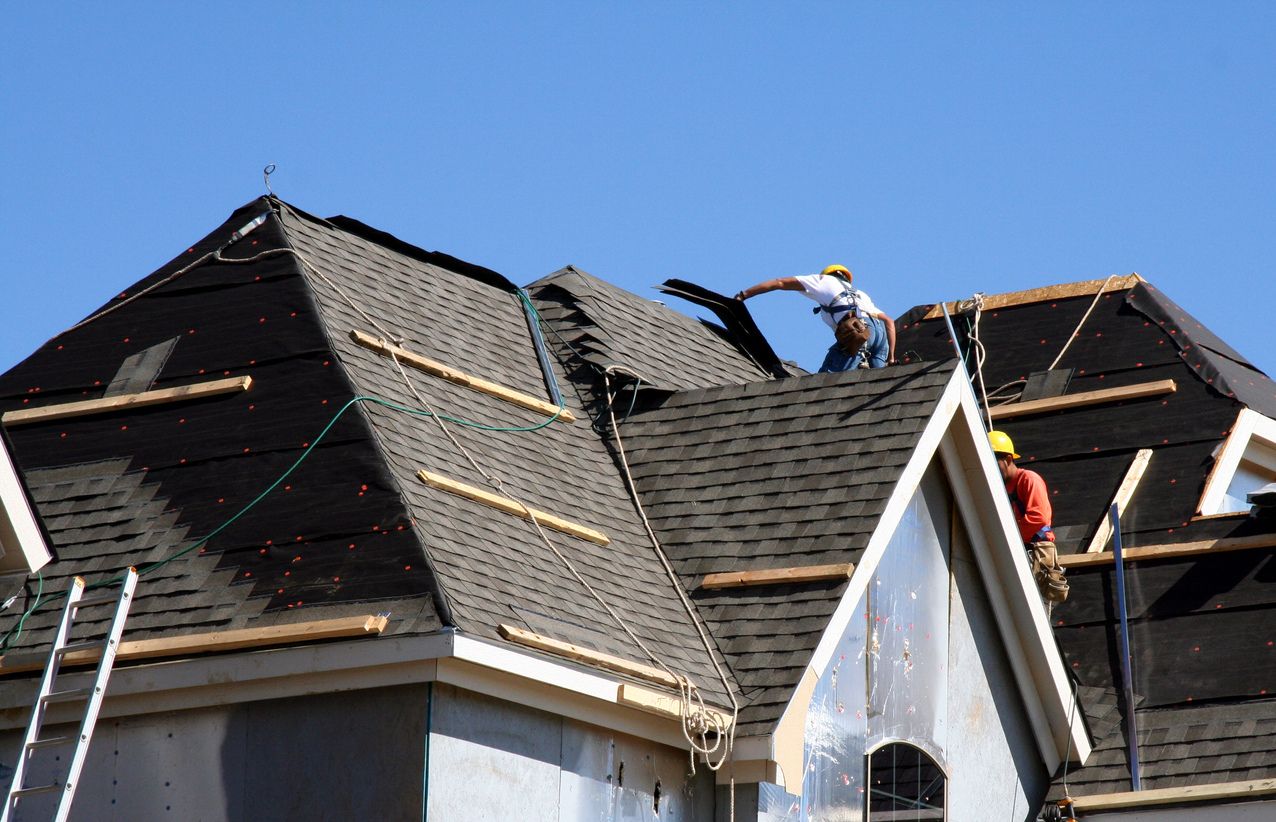
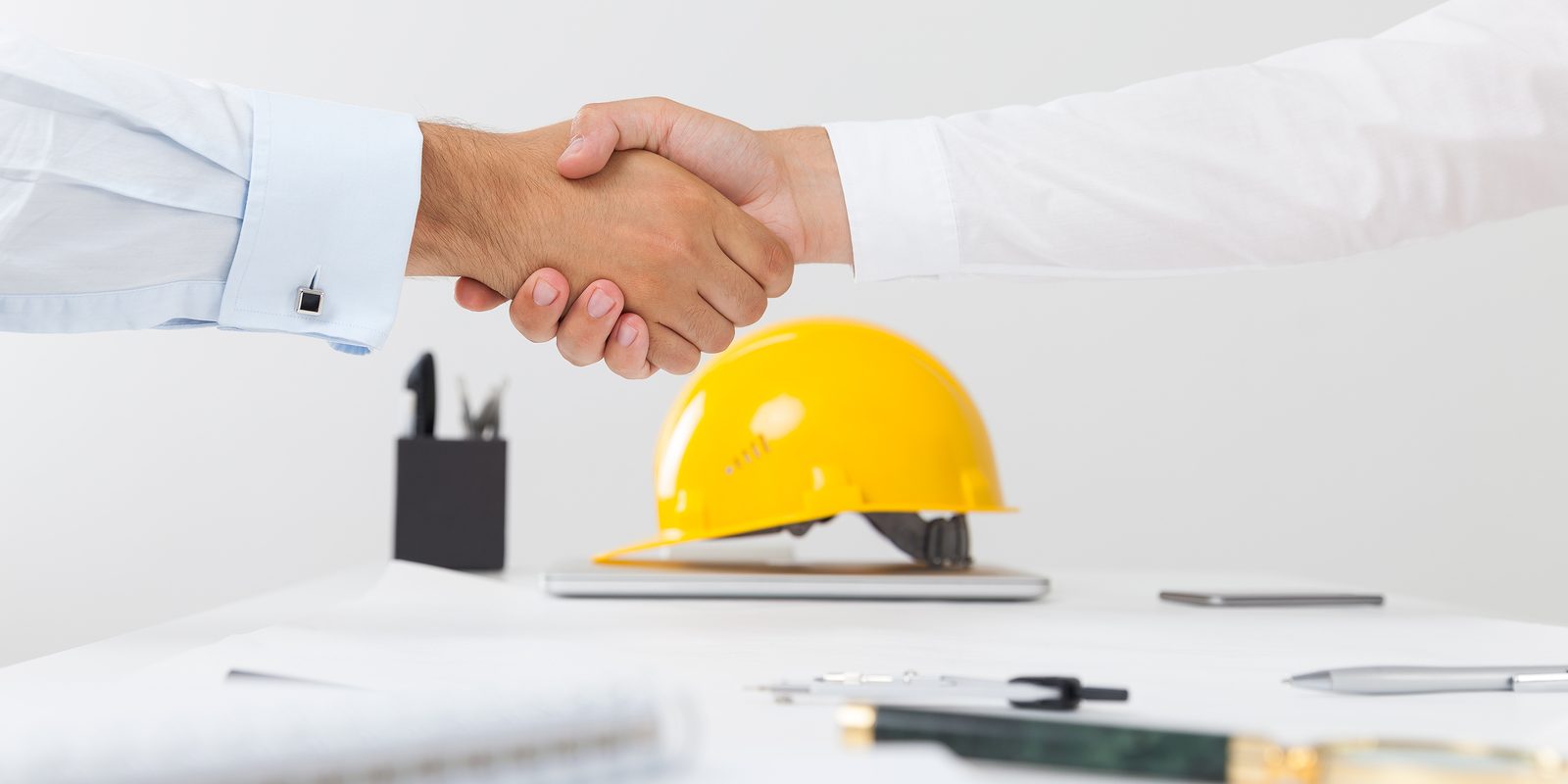
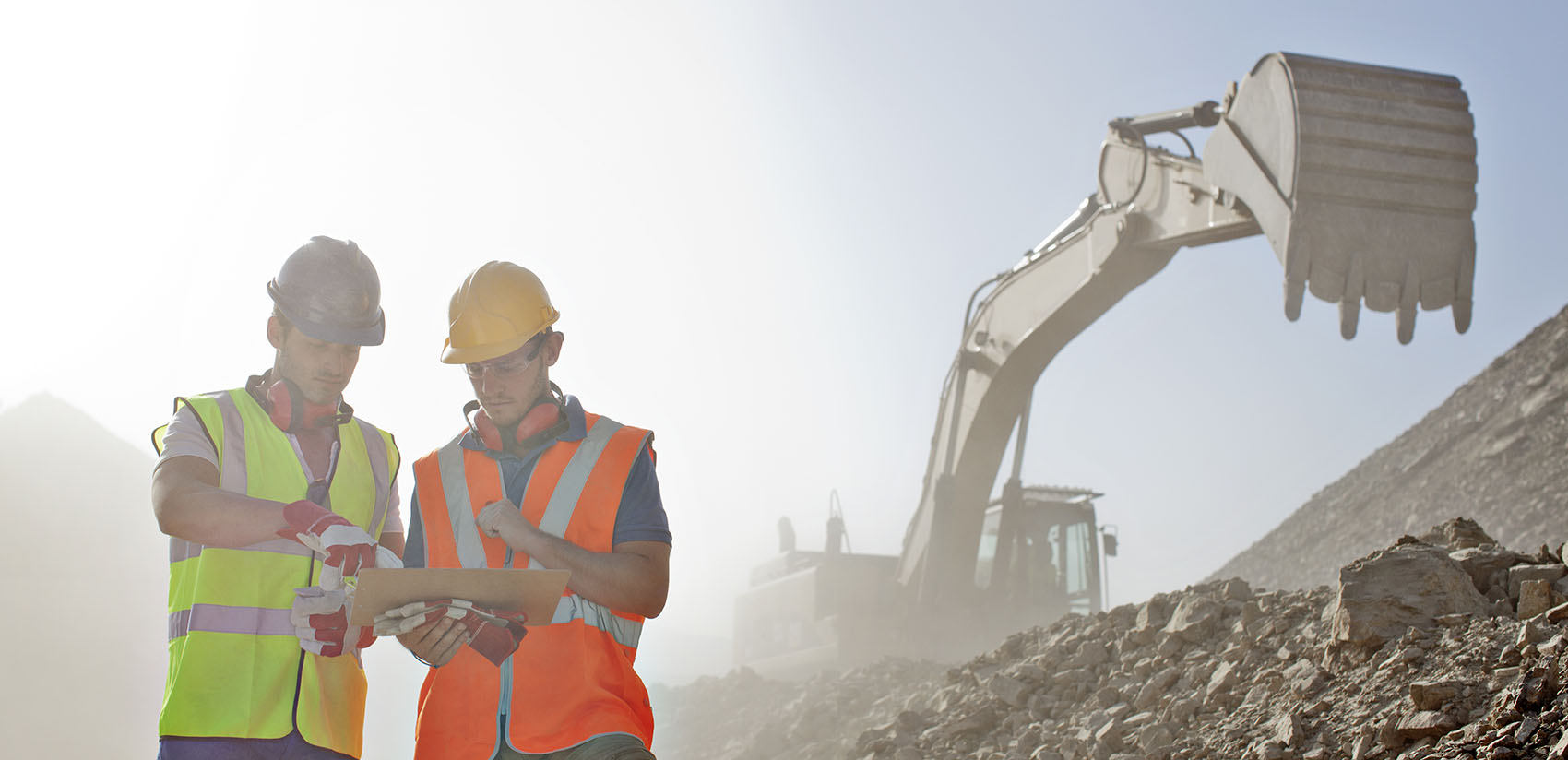


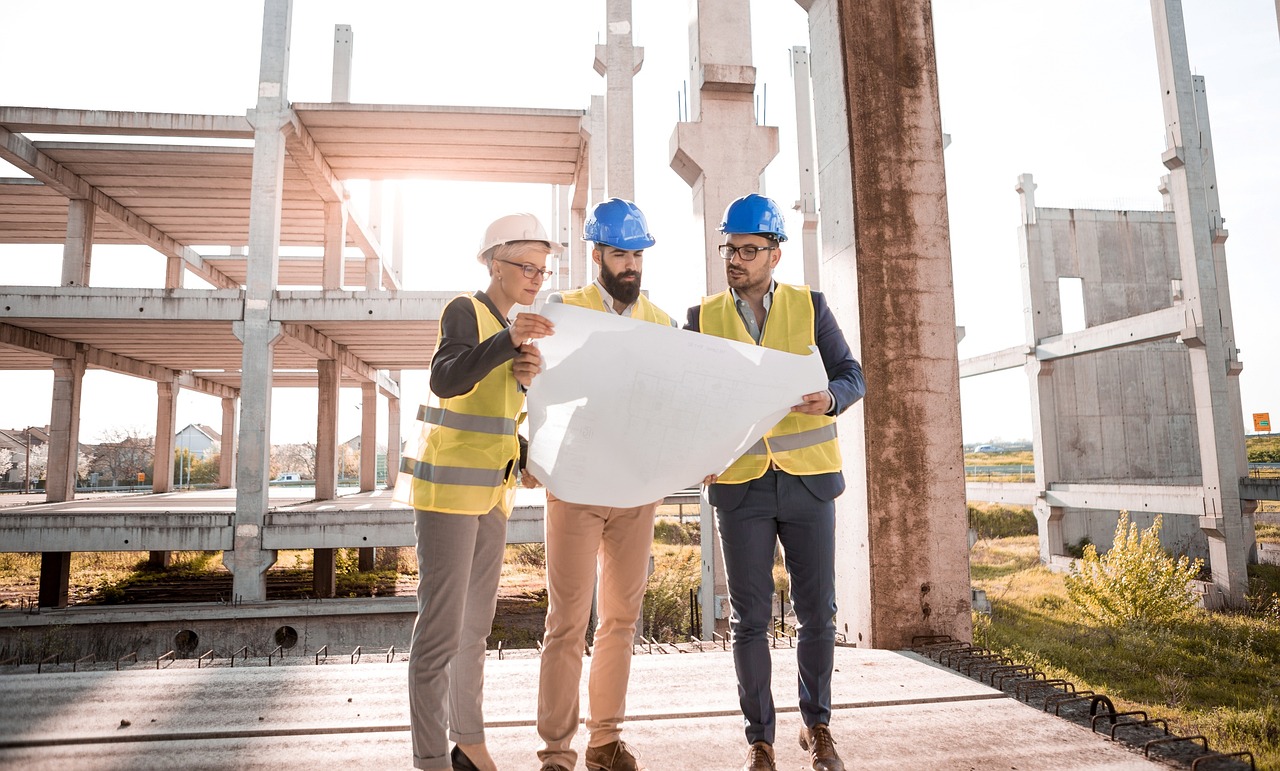

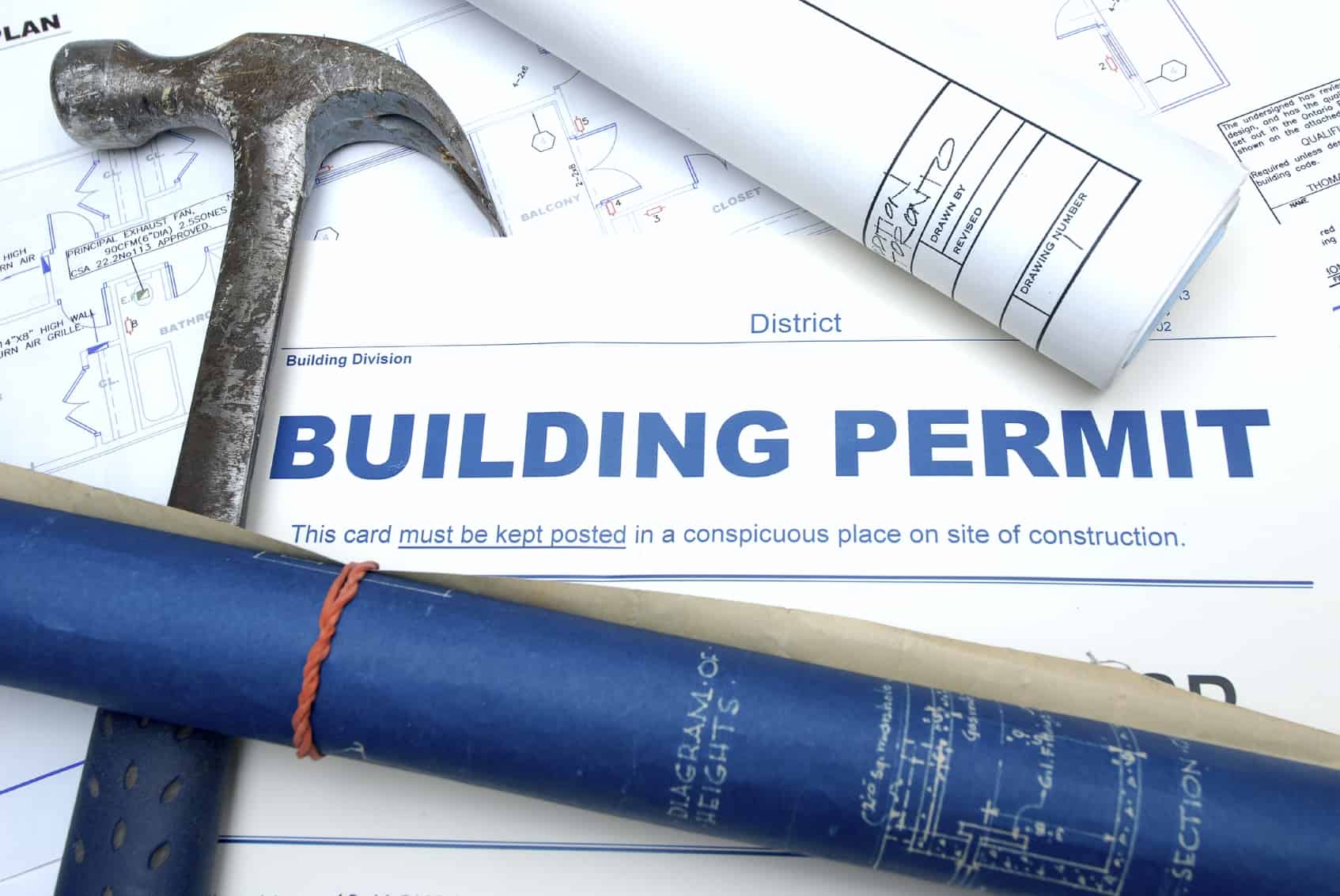


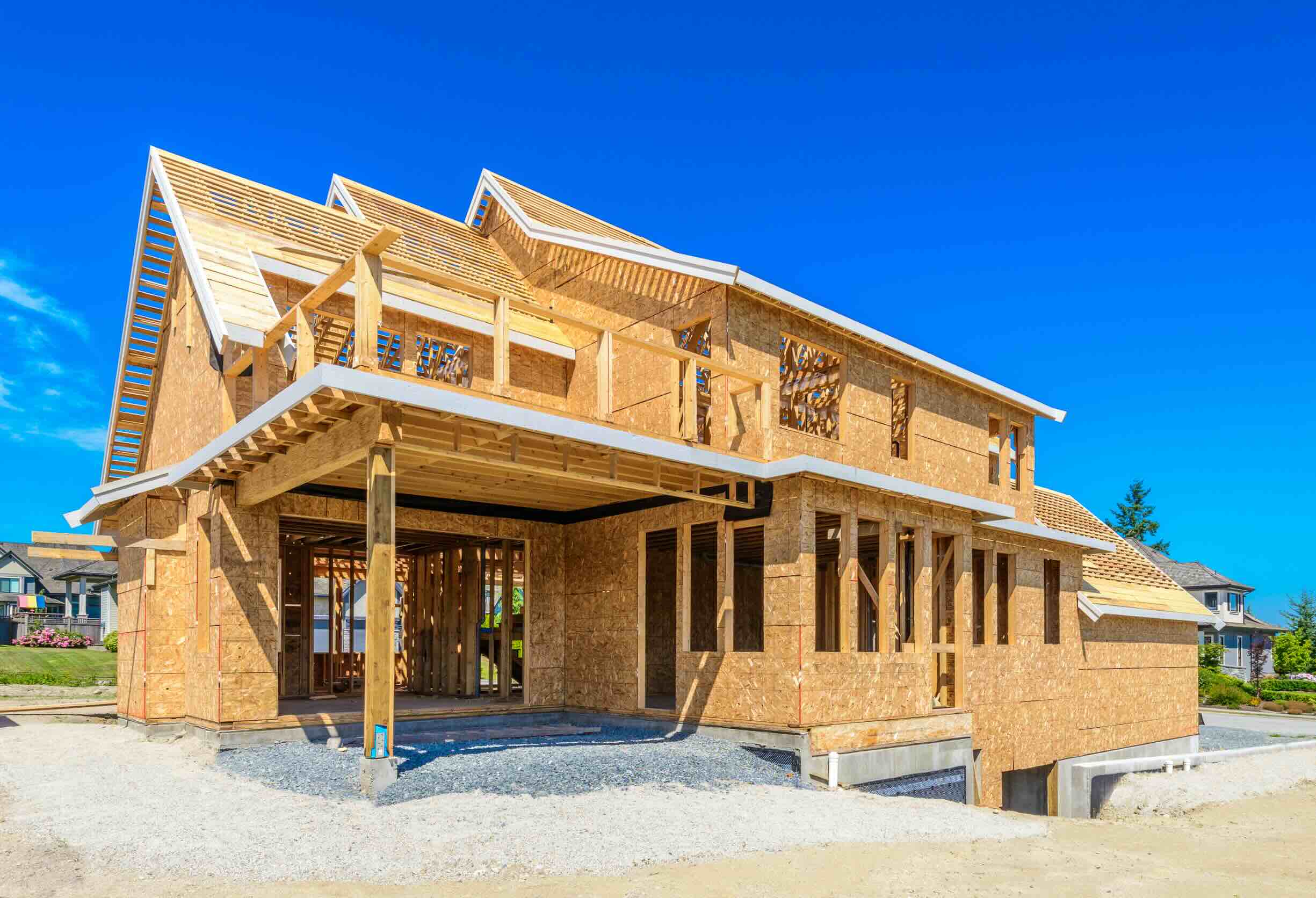
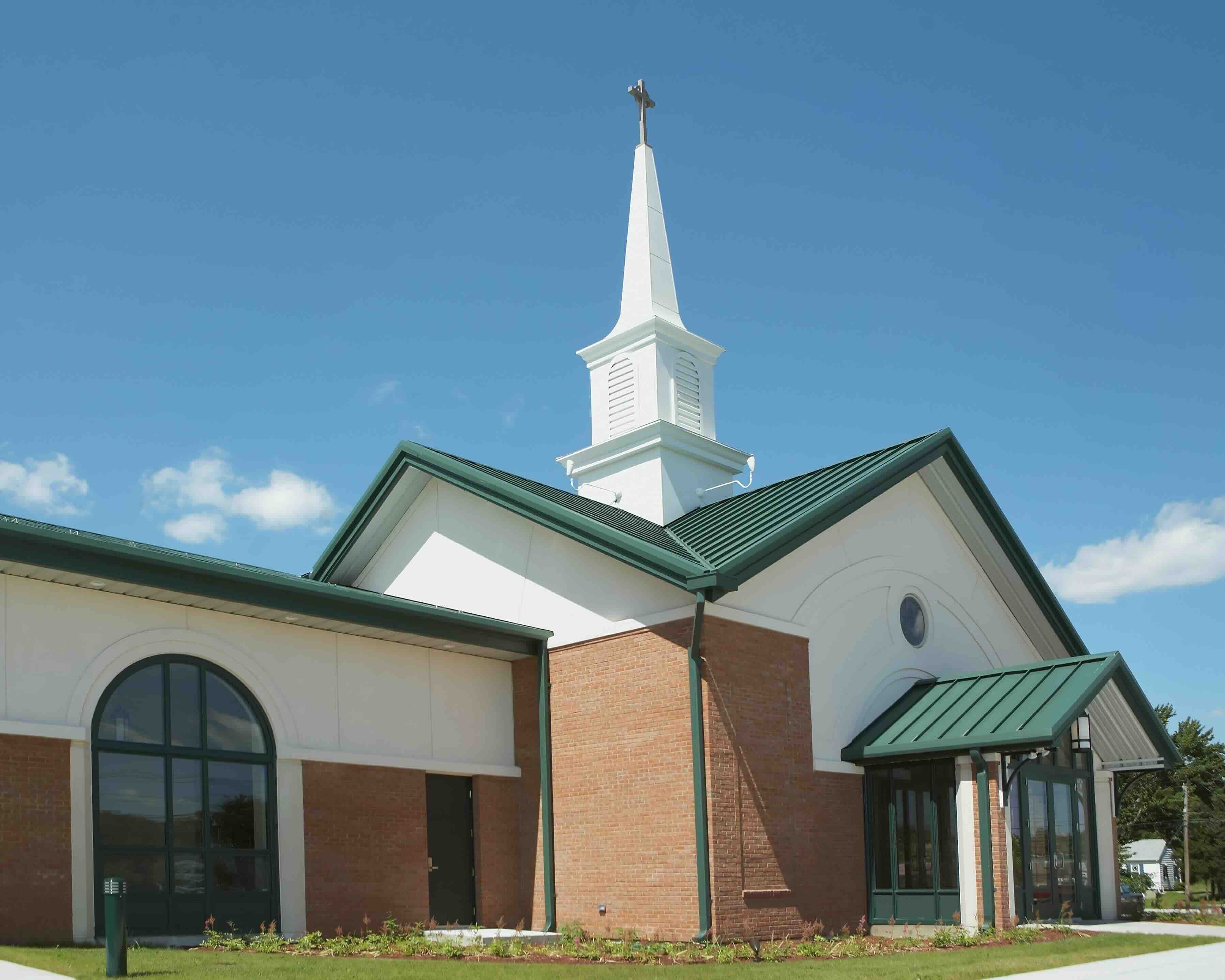



0 thoughts on “How To Get Construction Insurance”